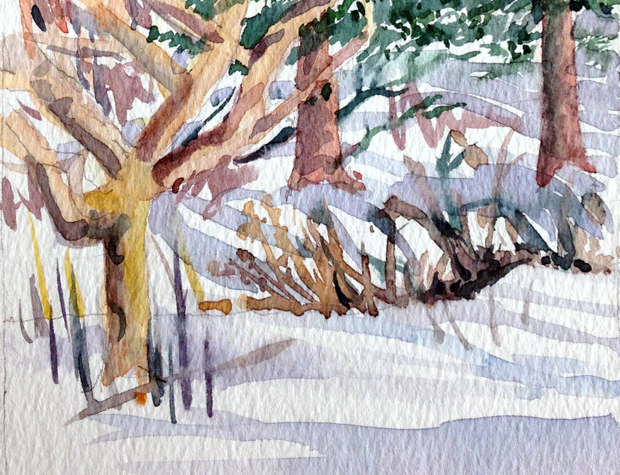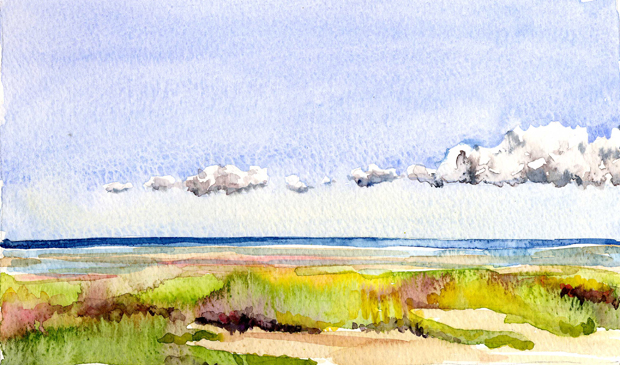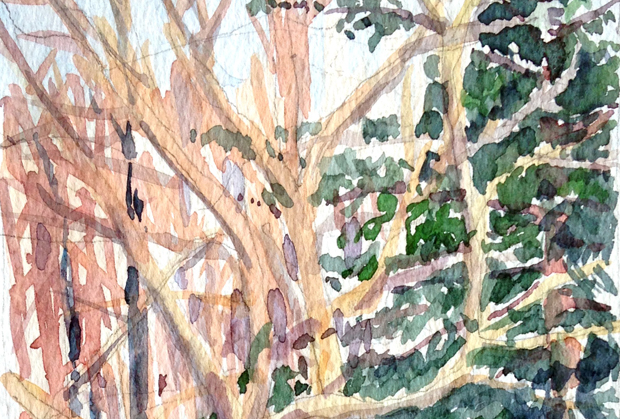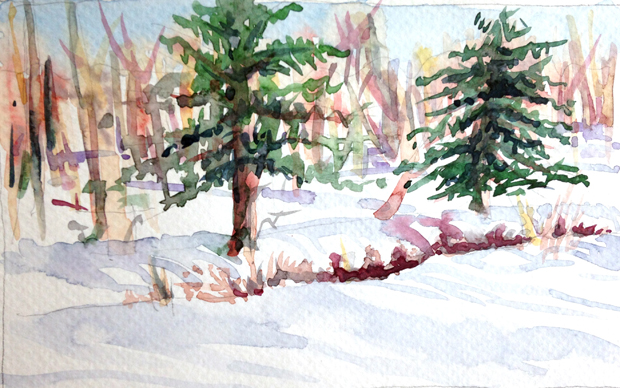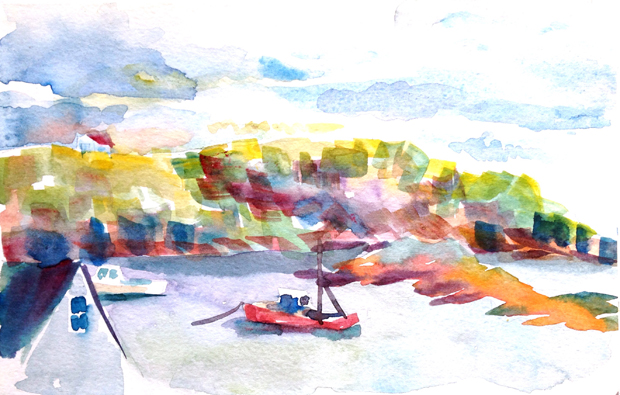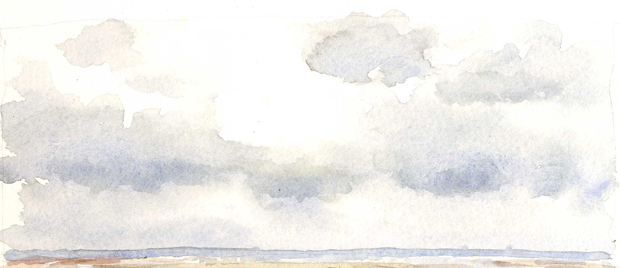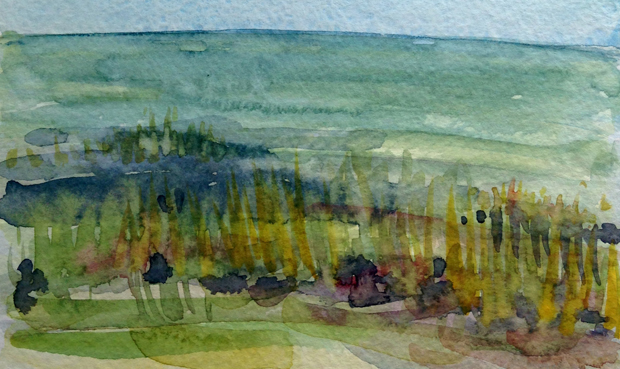It’s not hard to notice that a lot of the people on the frontiers of “alternative” health, justice, education, [fill-in-the-blank], those helping to write the new stories, are women and what is known as “minorities.” (Which, just think about it, is a horrible word in so many ways.) Why is that? We have less to lose, for one thing. We’ve lived our entire lives on the outside of a system that, we can see from here, makes little sense. For starters, whoever heard of a functioning natural system that excludes whole swaths of reality?
Being on the outside does have its upside. From here, it’s easier to a) spot the flaws, inconsistencies, and insanity of the dominant system; b) see alternatives, and c) shift sideways, away from the mess and towards something better.
The disadvantages are many as well: a) lower status, in the eyes of the white men inside the system, means b) difficulty having much influence on the system itself, and c) risk of being disregarded or downright ignored by those in power, and consequently, d) preaching only to the choir without effecting much change. Continue reading

